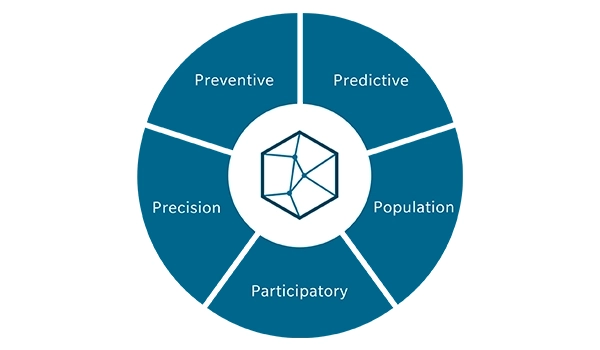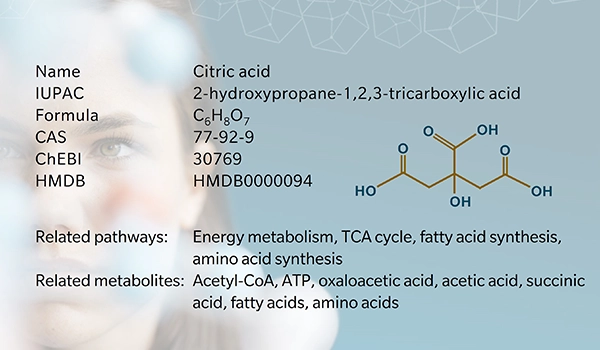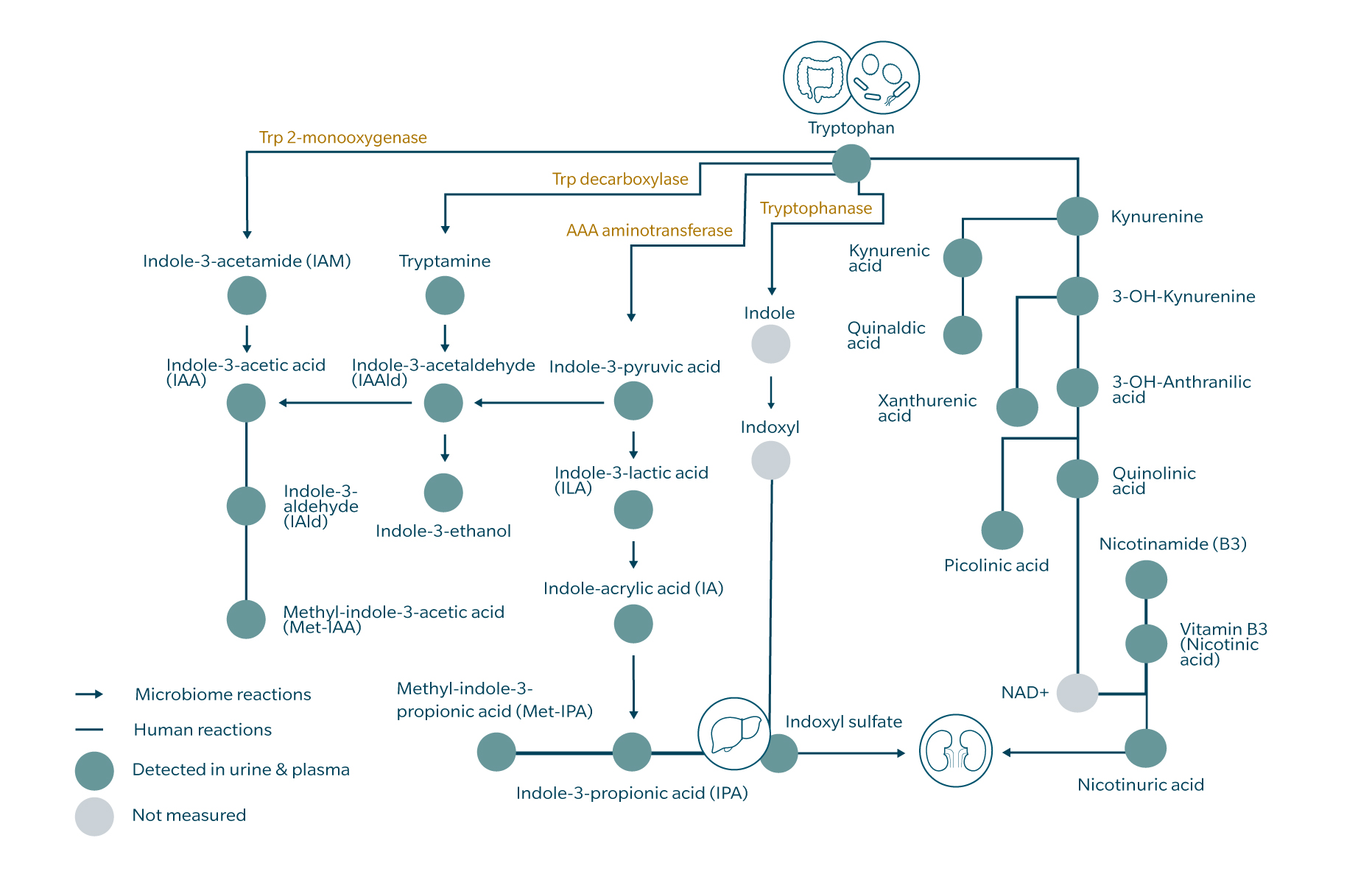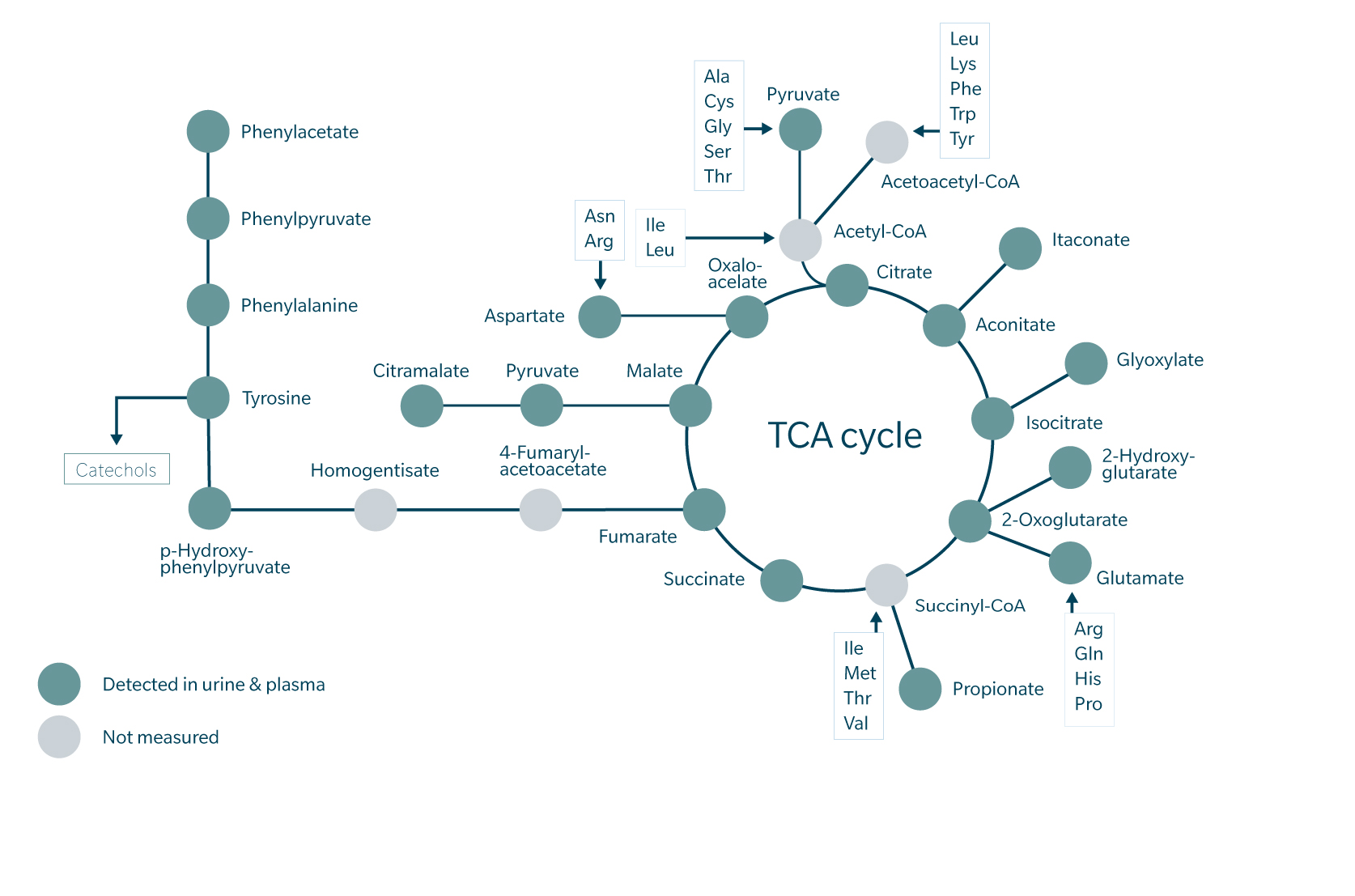MxP® Quant 1000 assay

MxP Quant 1000 assay
Transform medicine with metabolomics
The new standard of excellence in quantitative metabolomics profiling
MxP® Quant 1000 delivers the most comprehensive quantitative measure of metabolism, setting a new standard of excellence for metabolomics profiling. High analytical precision is achieved from minimal sample volume, delivering deep biological insights for fundamental, pharmaceutical and clinical research. MxP® Quant 1000 empowers scientists to decipher chronic disease mechanisms and detect phenotypic changes, contributing to the development of innovative therapeutic solutions that will lead the transformation of medicine.

Extensive coverage
- Broadest panel to address chronic disease
- Cover 100s of pathways including
core human metabolism and microbiome
Instant insights
- Large set of disease-specific indicators
- Gain instant insights
with metabolite sums and ratios

Reliable and reproducible
- Unprecedented level of precision
- Rely on hundreds of tested
calibrators and internal standards

Cost-effective solution
- Best sample volume to data points ratio
- Quantify over 1,800 biomarkers
from only 40 µL of sample
MxP® Quant 1000 – One solution, many applications
Fundamental research
- Holistic understanding of chronic disease mechanisms
- Systems biology studies
- Biomarker discovery
- Population health | Cohorts
- Metabotyping
- Multiomics
Clinical | Pharmaceutical research
- Prodromal biomarkers
- Disease risk prediction
- New drug targets
- Patient stratification
- Drug response prediction
- Progression monitoring
- Precision medicine
Consumer health
- Personalized healthcare and nutrition
- Health monitoring
- Preventive measures
- At-home sampling
- Participatory medicine
MxP® Quant 1000 metabolite classes
Small molecule panel
Alkaloids (2)
Amine oxides (1)
Amino acids (20)
Amino acid-related (77)
Bile acids (24)
Biogenic amines (10)
Carboxylic acids (8)
Catechols (3)
Cresols (2)
Dicarboxylic acids (25)
Fatty acids (39)
Hormones and related (5)
Indoles and derivatives (18)
Nucleobases (5)
Nucleobase-related (14)
Nucleotides (2)
Organic acids (16)
Phenolic acids (22)
Phenoxy compounds (2)
Polyamines (7)
Pyridinecarboxylic acids (6)
Sugars (7)
Tricarboxylic acids (3)
Vitamins and cofactors (9)
Lipid panel
Acylcarnitines (40)
Ceramides (29)
Cholesteryl esters (22)
Diglycerides (41)
Dihexosylceramides (9)
Dihydroceramides (8)
Hexosylceramides (20)
Lysophosphatidic acids (8)
Lysophosphatidylcholines (12)
Lysophosphatidylethanolamines (43)
Lysophosphatidylglycerols (10)
Lysophosphatidylinositols (15)
Lysophosphatidylserines (12)
Monoglycerides (12)
Phosphatidic acids (41)
Phosphatidylcholines (76)
Phosphatidylethanolamines (95)
Phosphatidylglycerols (64)
Phosphatidylinositols (53)
Phosphatidylserines (18)
Sphinganines and sphingosines (8)
Sphinganine and sphingosine phosphates (8)
Sphingomyelins (14)
Triglycerides (242)
Trihexosylceramides (6)
Service projects at biocrates
From study planning to data integration – biocrates scientists support every step of your project

The microbiome as gatekeeper of inflammation
In intestinal inflammation (IBD), serum Kynunerine/Tryptophane ratio is increased while absolute concentrations of microbial tryptophan metabolites such as 3-IPA are decreased. The conversion of kynurenine to 3-OH kynurenine is the first step towards synthesis of the pro-inflammatory and neurotoxic metabolite quinolinic acid (QUIN).
Many diseases are associated with changes in tryptophan metabolism
- Alzheimer´s disease
- Depression
- Cancer
- Cardiovascular disease
- Liver disease
- IBD
Microbial metabolism of tryptophan influences gut health and the immune system.
Gut inflammation is associated with decreased microbial tryptophan metabolism and increased kynurenine/tryptophan ratio.
The MxP® Quant 1000 assay enables scientists to investigate the impact of tryptophan metabolism on health by screening samples with metabolomics, leveraging data to access instant insights and translating results to develop innovative solutions for 5P medicine.
Energy crisis in Alzheimer’s disease
The TCA cycle is a crossroads for energy production beyond glucose and fatty acid metabolism. Amino acid catabolites feed into multiple steps of the pathway.
In early stages of Alzheimer’s disease, glycolysis is decreased in the brain while alternative energy sources (amino acids, ketone bodies) can still be used by neurons.
Amino acids were reduced in human serum and rat CSF, while levels of TCA cycle and glycolysis intermediates were elevated in human serum.
The MxP® Quant 1000 assay enables scientists to investigate the impact of energy metabolism on health by screening samples with metabolomics, leveraging data to access instant insights and translating results to develop innovative solutions for 5P medicine.
Dedicated assays for metabolomics and lipidomics
For applications where only small molecules or lipids are needed, metabolomics and lipid panels are available as separate assays.
MxQuant assay
Focus on small molecules

Benefits
- Easy-to-interpret metabolomics
- Deep insights into the effects of the microbiome on the host
- Broad exploration of human and mammalian metabolism of small molecules
LxQuant assay
Focus on lipids

Benefits
- Easy-to-interpret lipidomics
- Deep insights into the metabolism of lipids
- Broad screening for circulating lipids from lipoproteins, membrane lipids and storage lipids
Features
- 327 small molecules
- 24 chemical classes
- 291 biologically relevant sums and ratios
Features
- 906 lipids
- 25 chemical classes
- 334 biologically relevant sums and ratios
More Resources
biocrates blog articles, insights and more
5P medicine

5P medicine integrates molecular tools and modern science to shape future healthcare. Metabolomics, unlike genomics, reflects environmental influences.
Metabolite of the month Citric acid

Metabolite of the month is a series that offers a sneak peek into metabolomics. This month: Citric acid, a key player in energy production, bone health, and disease therapy.
Chronic diseases have a common origin

Focusing only on genomics, proteomics, and microbiomics leaves a gap in understanding complex chronic diseases. Metabolomics bridges this gap and transforms research.
Related assets
brochure
MxP Quant 1000 assay
pdf ~ 1 MB
download
brochure
biocrates kit technology
pdf ~ 6 MB
download
brochure
biocrates services
pdf ~ 1,5 MB
download
brochure
WebIDQ software
pdf ~ 2 MB
download
Talk to an expert

biocrates life sciences gmbh
Eduard-Bodem Gasse 8
6020 Innsbruck | AUSTRIA
Phone +43 512 579823
Fax +43 512 579823-329
biocrates inc.
26895 Aliso Creek Rd Ste B-426
Aliso Viejo, CA 92656-5301
Phone +1 774 424 8150
Operating hours: Mo – Fr | 9 am – 7 pm (EST)






